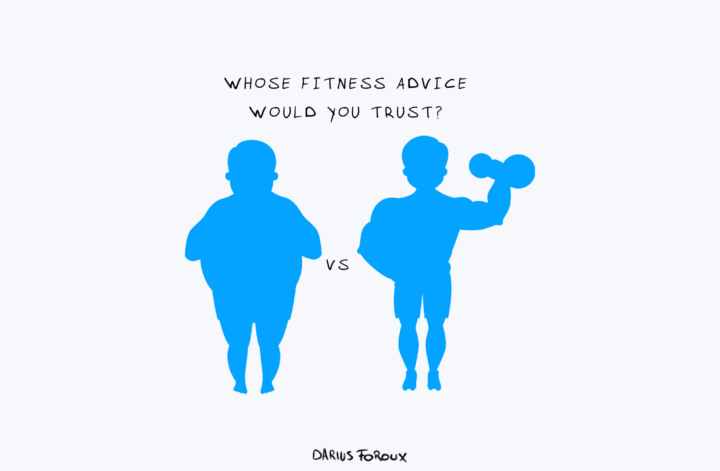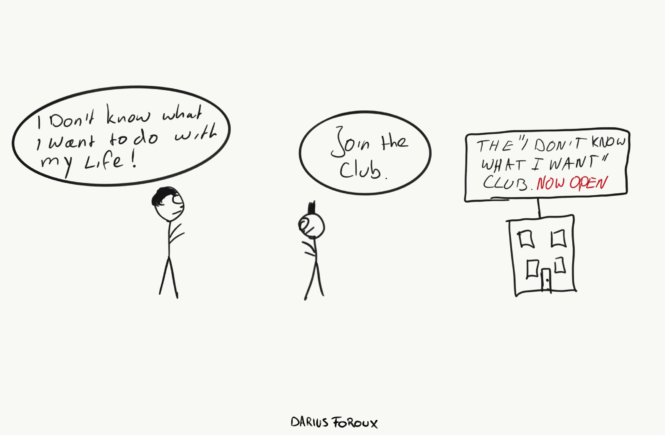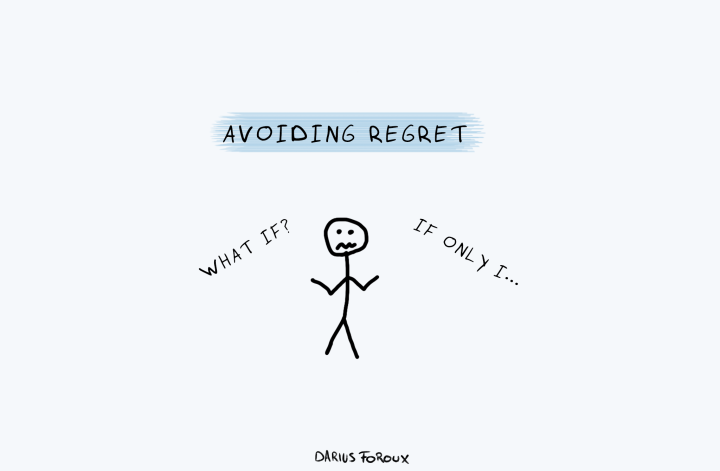The moment you expect the world to care about your inner life, you set yourself up to be angry, confused, and stuck.
Most of life is a trade. Time for money. Skill for opportunity. Trust for results.
Many things in life are not like that because people are evil, but because incentives drive us as human beings.
And when people don’t get what they want, they often get nasty. The Stoic philosopher Epictetus explained why that is:
“When any person harms you or speaks badly of you, remember that he acts from a supposition of its being his duty.”
People always think they are doing the right thing… in their perspective of course. If someone feels like you wronged them, it’s because they really believe that.
Work conflicts that turn personal
I’ve heard a version of the following many times. Someone recommends a friend for a job. The friend gets hired. Then they don’t perform. Now the company questions the person who vouched for them. It’s awkward. It hurts.
And it often ends the friendship. I’ve lived a version of that myself. Years ago I recommended a friend at our family company. It didn’t work out and our friendship basically ended.
It’s really unfortunate when these things happen because it’s not necessary. When money, careers, and status enter the room, friendship is often secondary.
Indifference is the default, not the exception
My mom recently got veneers at a well-known clinic in Bocholt, Germany. It all started with great promises. But as the process went on, there were complications.
My mom has pain with no clear cause. Suddenly the warmth from the dentist and their team evaporated. Busy calendars. Slow replies. A maze of “let’s wait and see.”
This is sadly a common issue. When the sale is done, the incentive shifts. Fixing messy problems is expensive and take time. No one is waiting for that.
There is no reward in actually helping people for them. But here’s the ting: You are not crazy for expecting care and support from service providers. You are just expecting something the system is not designed to deliver.
Epictetus gives you the clean way to think about this. People act from their own judgments and incentives.
It only feels personal when you forget how the game is set up.
The best revenge is to not be like them
In 2018 I bought my first expensive watch at Schaap & Citroen in Groningen. The date function of the watch was broken from the start, and years later the shop refused to help because the warranty had expired.
I went back last weekend and the clerk got aggressive. So I matched it, we argued, and I left a one-star review. Could they have tried to fix the problem? Yes. Would that have been right? Of course.
But here is the trap: Expecting strangers to live by your standards guarantees frustration.
The better move is to keep your standards even when others drop theirs. Speak clearly, stay calm, give a fair chance, then take your business elsewhere without turning it into a personal war.
Marcus Aurelius said, “The best revenge is to not be like your enemy.” It is easy to post that line and hard to practice it in a tense moment. I failed it that day. Next time, I choose my behavior, not theirs.
This mindset means that you stop confusing care with service. A business can serve you well without caring about you as a person.
Take the win when it happens, and build your plans on contracts, documentation, and alternatives, not on the hope of extra compassion.
Or if you choose to recommend someone at your company, accept the downside upfront. If it goes wrong, do not moralize it. Solve the problem, learn the lesson, and avoid mixing roles in the future.
Just stop turning every disappointment into a story about good and evil. Most of the time it is incentives doing their work.
This is the world we live in. It’s not good or bad. It’s just the way it is.
Values are promises you keep
“Focus on your values” only matters if you define them in behavior. Tell the truth when it costs you. Do competent work when no one is watching.
Treat people with respect when they do not deserve it. Keep your cool when you are provoked. None of this depends on how others act. Your standards are yours.
A few people will care. Family, a couple of real friends, maybe a mentor.
Let the rest be. Try to be the exception yourself and do the boring right thing quietly.
Epictetus explained why people act as they do. Marcus told us how to respond.
Put those two together, and you get a simple way to live:
Push when it matters, let go when it does not, and keep your own hands clean.




